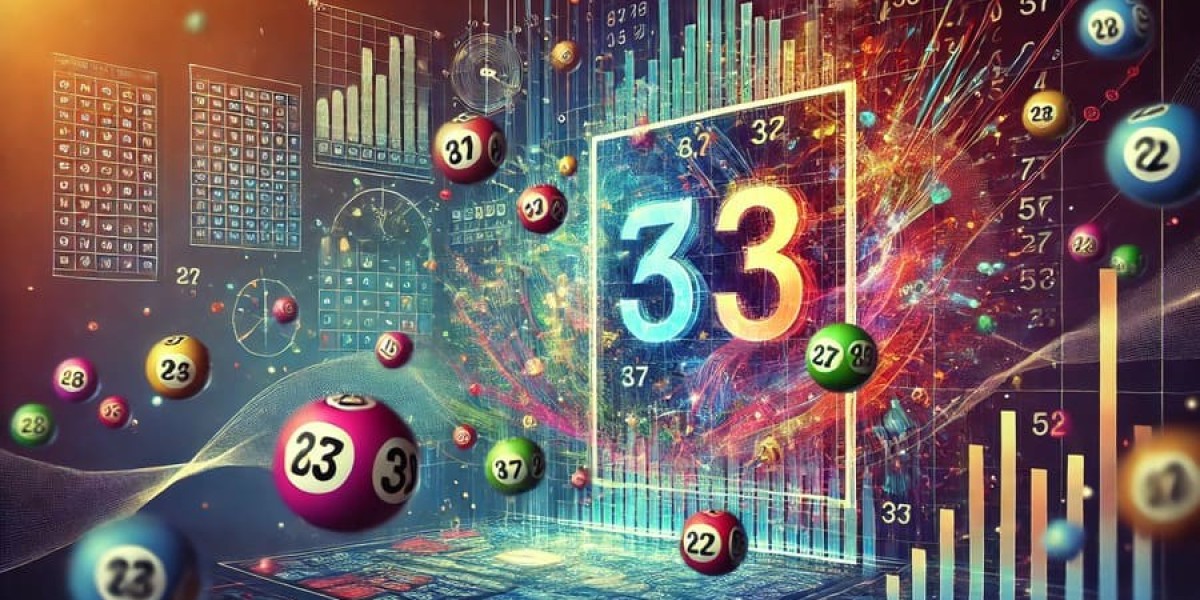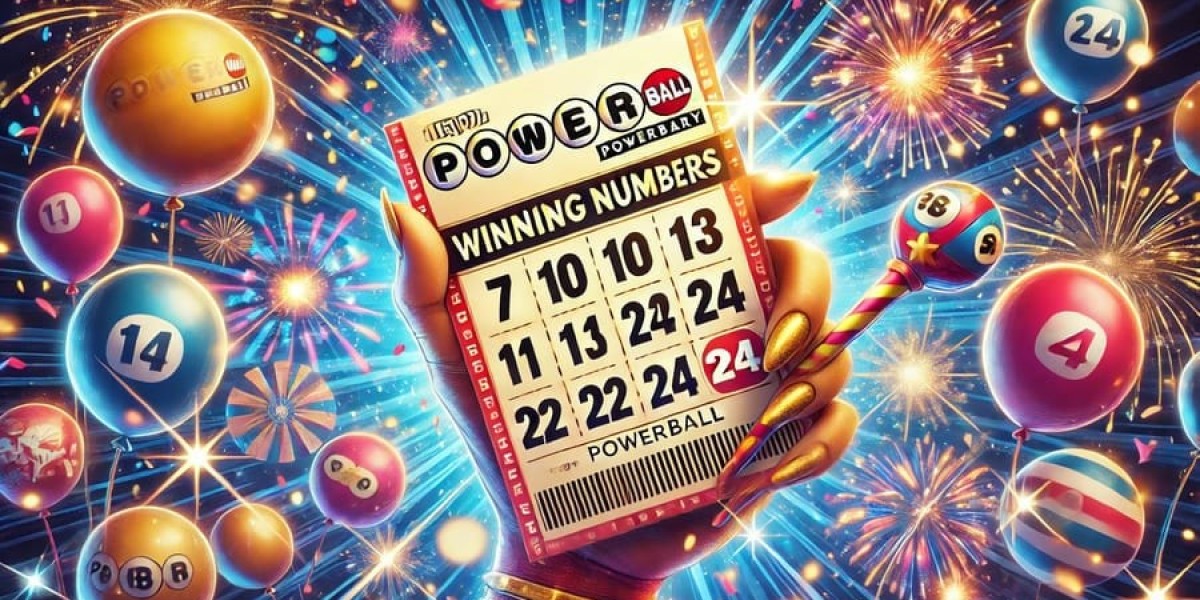In the digital age, many gamers flip to various Lotto number generators and software that claim to foretell winning combinations.
In the digital age, many gamers flip to various
Lotto Number Generator number generators and software that claim to foretell winning combinations. Although know-how can help in randomizing choices, overly relying on these instruments can mislead gamers to assume there is a scientific methodology to successful the Lotto. Most algorithms for number generation nonetheless function on the fundamental ideas of randomness. While using these instruments sometimes can add selection, they need to not substitute personal judgment or statistical understanding. Informing oneself about
Lotto Prediction odds and making educated alternatives based on experience might yield better results than gravitating solely towards automated options.
Many gamers function underneath the idea that purchasing more tickets will significantly elevate their chances of successful. While it is true that buying multiple tickets does improve odds, the rise is often minimal within the grand scheme of issues. For instance, if the percentages of profitable a particular lotto are 1 in 292 million, buying ten tickets would only enhance the chances to 10 in 292 million—still drastically unlikely. The lottery is designed to generate substantial income for states, with odds crafted to keep winners extraordinarily rare. Thus, whereas shopping for extra tickets can marginally enhance chances, it’s important for players to pay attention to the economics behind lottery games and to budget accordingly to keep away from spiraling into extreme spending.
Another false impression revolves around the means of claiming lottery winnings. Some consider that cashing in a ticket is a simple task, failing to acknowledge the intricacies concerned, especially with substantial wins. For vital prizes, players might face stringent validation processes and tax implications. The Internal Revenue Service (IRS) within the United States automatically withholds a portion of winnings for federal taxes, which can range based on the state of residence. Many states have totally different tax brackets, and a few winnings can push individuals into greater tax brackets unexpectedly. Understanding the intricacies of claiming winnings is essential for winners, as many have found themselves unprepared for the monetary responsibilities accompanying their new fortune.
Additionally, regression analysis may be utilized to look at the relationships between totally different variables. For instance, players can discover whether certain attracts yield higher profitable amounts or whether particular numbers correlate with elevated jackpot sizes. Such inquiries can illuminate tendencies which may in any other case stay hidden, providing further layers of context and understanding.
Another widespread fantasy is the concept people who win the lottery are likely to win once more in the future. This notion is often bolstered by stories of repeat winners, creating the false perception that a single win one way or the other increases the chance of additional wins. Statistically, the chances of winning are impartial for every drawing, which means that previous results don't influence future outcomes. Research from the National Lottery indicates that the chances of successful any lottery jackpot are normally staggering, often starting from 1 in 292 million to 1 in 302 million, relying on the game. As such, while outstanding stories of a number of wins captivate our imaginations, they do not alter the elemental possibilities involved. Understanding this fantasy helps members maintain practical expectations when buying tickets.
Many gamers are inclined to gravitate towards sure numbers that they understand as lucky or significant. This often contains birthdays, anniversaries, or other vital dates. While these numbers could have sentimental value, they normally restrict the vary of numbers chosen. For instance, choosing numbers from 1 to 31, which corresponds to the days of the month, means gamers typically ignore greater numbers; this could lead to an unintentional limitation. Statistically, the numbers drawn in
Lotto Prediction games usually span the complete vary, making it a poor strategy to restrict oneself to specific numerical bands. In reality, a large portion of winners incessantly selects numbers from the higher ranges of the selection pool, underscoring that avoiding the fixation on private ‘lucky’ numbers could offer higher results.
One of the most pervasive myths in the lottery group is the idea that some numbers carry luckier status than others. Many players consider that certain numbers, usually those tied to non-public significance, will provide a higher probability of successful. However, the lottery is basically a game of likelihood, and each quantity has the identical probability of selection in a good drawing. According to a report from the California State Lottery, the percentages of successful stay constant whatever the numbers chosen, meaning that no combination is inherently more prone to result in success. This fable can lead to skewed number-picking strategies, leading to disappointment when 'lucky' numbers fail to yield a win. Understanding that each one numbers are equal in potential can result in a extra rational approach to lottery participation.
 Bet9JA Promotion Code: YOHAIG >> ₦100,000 Welcome Bonus > GET 170 Multiple Boost Bonus
에 의해 cecillavallee3
Bet9JA Promotion Code: YOHAIG >> ₦100,000 Welcome Bonus > GET 170 Multiple Boost Bonus
에 의해 cecillavallee3 LMCHING Redefines Skincare with Revolutionary Qualities and Global Shipping Growth
에 의해 danncreer03624
LMCHING Redefines Skincare with Revolutionary Qualities and Global Shipping Growth
에 의해 danncreer03624 Industry Players and Religious Police: The Fate of Sports Betting in Nigeria
에 의해 alfonsolemmone
Industry Players and Religious Police: The Fate of Sports Betting in Nigeria
에 의해 alfonsolemmone Видеочат рунетки бесплатно.
에 의해 chloedrago5355
Видеочат рунетки бесплатно.
에 의해 chloedrago5355 Unveiling EzLoan: Access Fast and Easy Loans Anytime, Anywhere
에 의해 ramiromcgough9
Unveiling EzLoan: Access Fast and Easy Loans Anytime, Anywhere
에 의해 ramiromcgough9


